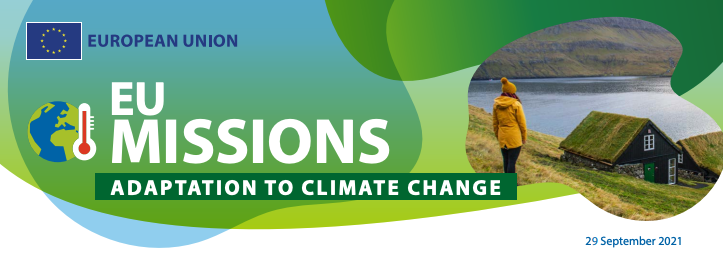EU countries discuss the development of Artificial Intelligence legislation
On October 14, EU Telecommunications Ministers held their first in-depth policy debate on the proposed Artificial Intelligence Act, to provide political guidance for further work on this complex proposal.
The discussion focused on the Act’s regulatory design and the challenges involved in its effective implementation.
"Ministers today voiced their clear support for one comprehensive law on artificial intelligence, which would serve as a model across the globe, in the same vein as the general data protection regulation, GDPR, in the area of protection of personal data. There is still substantial work ahead, as we want to make sure that the Artificial Intelligence Act will achieve its twin aims of ensuring safety and respect for fundamental rights and stimulating the development and uptake of AI-based technology in all sectors. The Slovenian presidency will continue the intense work on this proposal, which it considers a top priority in the digital area", said Boštjan Koritnik, Slovenian Minister for Public Administration and chair of the meeting.
Ministers strongly advocated continuing to work towards establishing a horizontal and human-centric regulatory framework for AI, as proposed by the Commission, to ensure legal certainty and consistency for developers and users. Some delegations mentioned the need to ensure consistency with related rules set in other legislation.
Delegations welcomed the risk-based approach of the proposal, but indicated that many issues require further discussion, in particular regarding the scope of the Act, law enforcement aspects and definitions of key terms. Clarity on these was considered essential for legal certainty and smooth implementation of the Act.
Discussions on the proposal will continue in the Council’s telecommunications working party. The presidency aims to present a compromise proposal in November.


